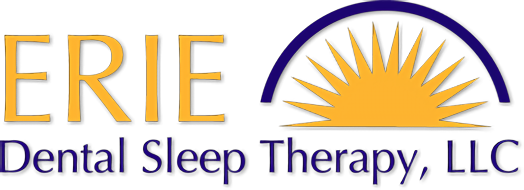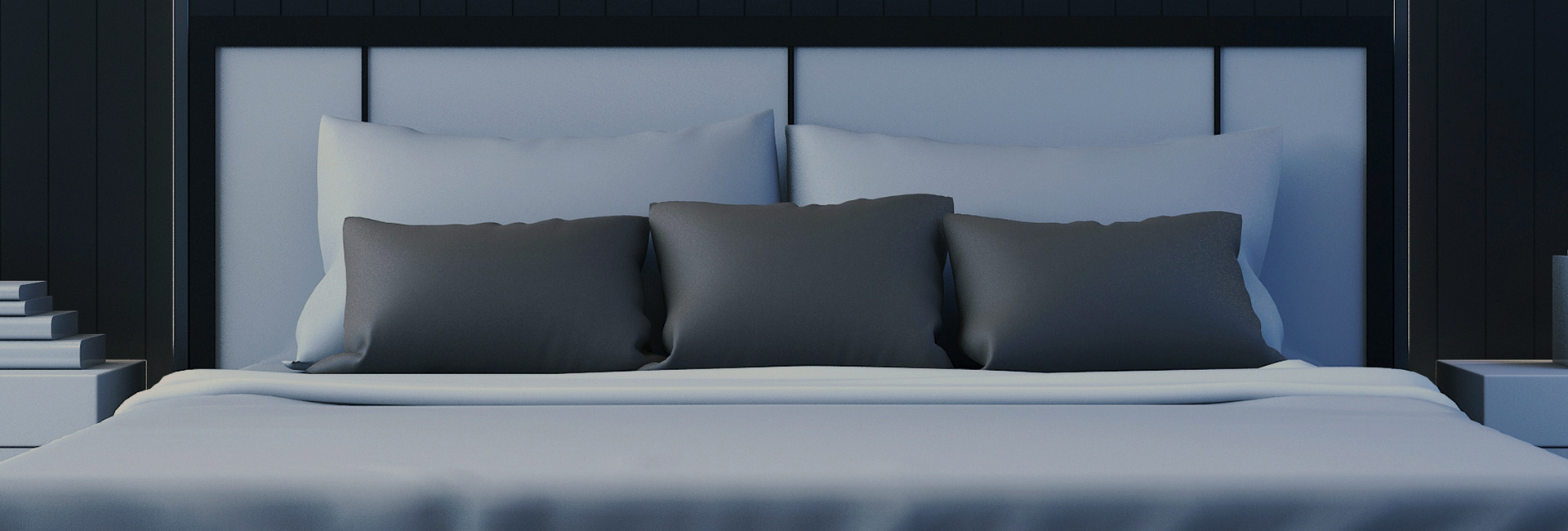
CPAP Not Working
Are you a sleep apnea patient who has tried and tried to use a CPAP device to relieve your symptoms without any success? This is a common outcome because CPAP masks are so unwieldy that they can interrupt your sleep just as much as your sleep apnea does.
Fortunately, if you want to give up on your CPAP, it doesn’t mean that you have to abandon hope of treating the condition. There are effective alternatives out there. Many patients respond well to comfortable and convenient oral appliance therapy.
- No noise from machines or in-mask breathing
- Easy to clean
- Small and portable
- Convenient for travel
- No electricity required
- Comfortable and easy to use
- Reduce or prevent bruxism (grinding)
- No hoses to get tangled in during sleep
- No mask to cause skin irritations
- No feelings of claustrophobia
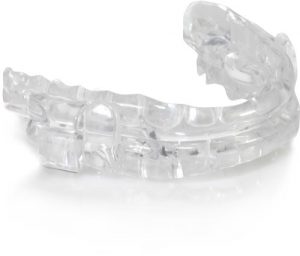
CPAP Is Effective – But Only If You Use It
A continuous positive airway pressure (CPAP) device pushes air into the patient’s airway in order to keep it open during sleep. The air is generated in a compressor and delivered to the airway via a tube that leads to a mask the patient must wear throughout the night.
Although the CPAP works well to eliminate sleep apnea, many patients find it difficult to use the device as directed. The primary complaints are that CPAP is:
- Uncomfortable – Patients must wear a mask that covers both their nose and mouth in order to use a CPAP device. It can be difficult to adapt to the sensation of wearing the mask, and in some patients, the mask can even contribute to episodes of panic.
- Inconvenient – The compressor needs to be plugged in while in use, so you may need to rearrange your bedroom to create space for it. Furthermore, CPAP devices are not travel-friendly whatsoever, presenting logistical challenges for vacations or business trips.
As a result, a significant percentage of patients who initially try a CPAP for sleep apnea treatment will stop using the device, which means that they’ll continue to suffer the effects of sleep apnea.
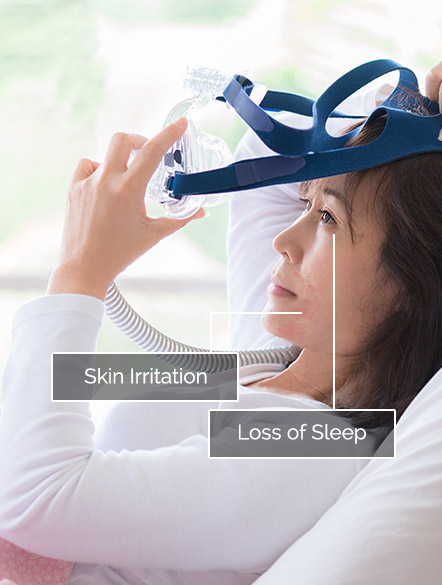
CPAP Alternatives: Is oral appliance therapy right for you?
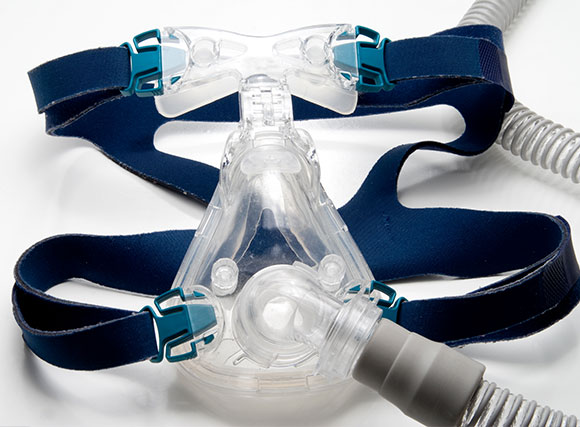
There is a more user-friendly way to treat sleep apnea: Oral appliance therapy. This approach fits the patient with a custom-designed mouthguard that holds the jaw or tongue in a forward position during sleep. Keeping soft tissues away from the airway opening prevents the obstruction that leads to apnea.
The oral appliance is comfortable and unlikely to interfere with your sleep. It also can be used in any environment and can easily be packed away in its carrying case when you need to go out of town.

Hate traveling with CPAP?
Added Stress
Whether it’s for vacation or work, travel can be stressful. Traveling with a CPAP machine is an added inconvenience. The additional weight of the machine and getting through security checkpoints can make traveling with a CPAP frustrating.
Added Challenges
Plus, once you arrive at your destination you’ll need to find distilled or deionized water for your humidifier. Then hope there’s an electrical outlet close to your bed. And, if traveling internationally, you’ll need the correct adapter.
Added Failure
Traveling during inclement weather or to remote surroundings can lead to problems with power reliability. These scenarios require you to choose between carrying a back-up battery or going without your treatment. This also contributes to higher failure or non-compliance rates.
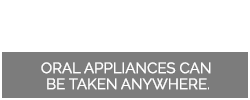
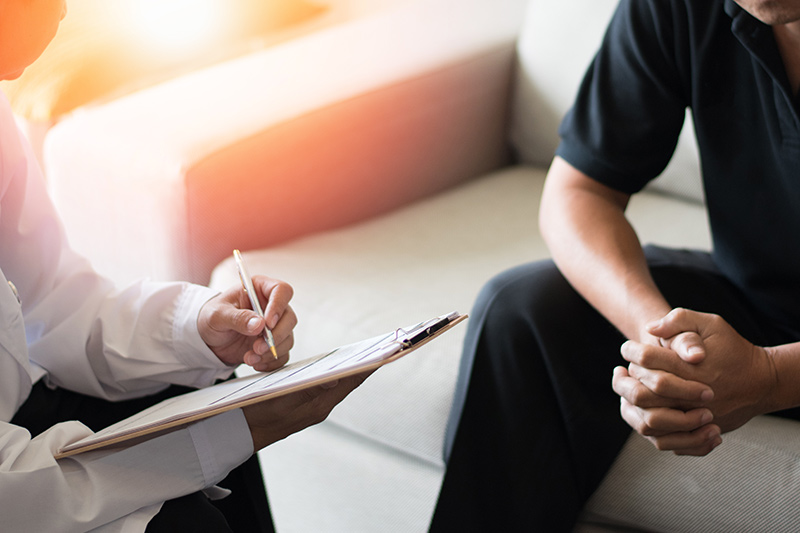
What will happen if I forego sleep apnea treatment?
If you’re ready to part ways with your CPAP, it’s important for you to explore other treatment options, as untreated sleep apnea is associated with severe consequences, including increased risk of:
- High blood pressure
- Obesity
- Heart disease
- Stroke
- Daytime fatigue, which can make it difficult to perform your job functions and potentially dangerous to drive a car
- Mood changes
- Attention problems
If you have sleep apnea and are dissatisfied with your CPAP, we strongly encourage you to explore alternatives so that you won’t face these risks.
